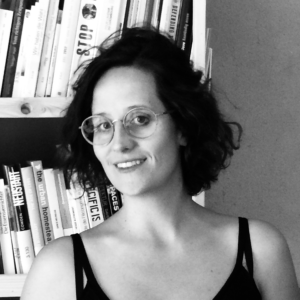Office
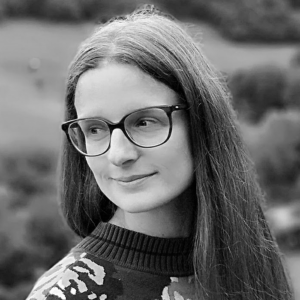
Annick Meiers
Annick Meiers, an architect and trained urban designer, is one of the two coordinators of the Äerdschëff project. One of her motivations/ reasons to join the Äerdschëff team thus Cell, was to work professionally in the domain of ecological and participatory architecture, but also to get more involved in the field of permaculture and the transition movement.
She does research in alternative forms of housing/ living and is particularly interested in the relation between the built, inhabited space, the production of food and their potential symbiosis. In other words the compatibility, impact and evolution of the way we produce and consume food in relation with our way of living and working.
Contact her: aerdscheff@cell.lu or annick@cell.lu
Delphine Dethier
Socio-anthropologist by education, she is strongly committed to place humankind at the centre of her concern. After a few years in Prague and Toulouse, she settled in Luxembourg, where she was responsable of the Centre d’Information Tiers Monde (CITIM) before joining the CELL team. In the context of the ‘Pacte Climat’ and more generally the Luxembourg Transition platform, she supports and empowers citizen in their concrete actions and practical measure for climate. Her top priority is to improve “community life”/ living together on one (the only) planet.
Contact her: pacteclimat@cell.lu or delphined@cell.lu
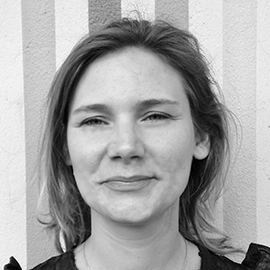
Delphine Hardy
As a landscape planner, Delphine has been highly invested in the development of participatory projects that aim to make our urban lifestyles evolve. She coordinates the project EarthOurGarden for CELL. This project aims at creating connections and meeting spaces between asylum seekers, people with refugee status and residents of Luxembourg through community gardens. She is an active volunteer in the local action group Transition Stad, more specifically in the Pétrusse garden and in UrBOnGarden.
Contact her: earthourgarden@cell.lu
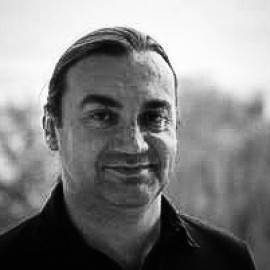
Eric Lavillunière
Eric has some experience in local development and in the European and international social economy. He is in charge of REconomy. This project provides collaborative guidance and support to regenerative entrepreneurs. The idea behind REconomy is to examine the potential engagement in communities in a participatory way. His work also involves the deconstruction of consumerism ideology and of monocultural visions of economic development, as well as joining academic and practitioners’ perspectives.
Contact him: reconomy@cell.lu
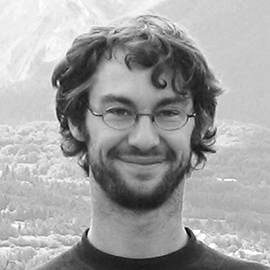
Johny Diderich
Johny coordinates the project wandel.bar (which is the German word for ‘changeable’). The wandel.bar is an open platform that organises workshops with a focus on fulfilling the daily needs of our everday lives by making things ourselves. We do everything ourselves in the most sustainable way possible and in a community. Things that have been made range from toothpaste to spreads, wild herb pestos, detergents, tiny houses and much more.
Contact him: fismoluni@gmail.com
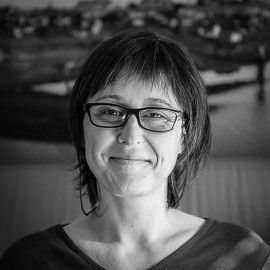
Karine Paris
Karine is the coordinator of the Urban gardening project. Trained as a geographer, she is involved in several transition initiatives in Luxembourg. She has a special focus on agriculture and more particularly on agroecology. She is more and more convinced that the skilful managing of groups is an important part of societal transformation.
Contact her: karine@cell.lu
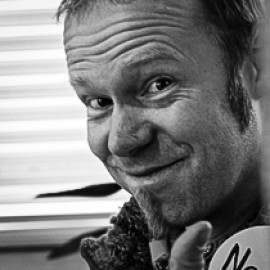
Norry Schneider
Norry is trained in natural sciences and systems analysis and worked for quite a while in the area of social and environmental NGOs. He is the co-founder of the citizen initiative Transition Minett (South of Luxembourg) and has been working for CELL since 2015 as the coordinator of the Luxembourg Transition platform. In the context of the ‘Pacte Climat’, he supports and empowers local authorities towards a more effective citizen participation in local climate action. For Norry, participation is the key building resilient societies. In 2016, he got appointed as member of the Luxembourg High Council for Sustainable Development (CSDD).
Contact him: norry@cell.lu
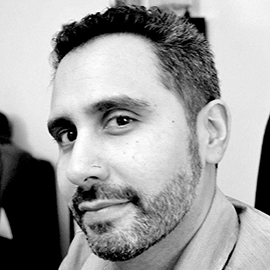
Rodrigo Vergara
Rodrigo is coordinating the Äerdschëff project and also developing an Aquaponics System in collaboration with the Atert Lycée Redange that will be integrated into the food production of the Äerdschëff. He also does research on alternative technical systems such as Helix wind turbines, small scale wastewater treatment plants and saltwater batteries to integrate into the Äerdschëff. He also researches the connections between human waste and black soldier flies (Hermetia illucens).
Contact him: aerdscheff@cell.lu
